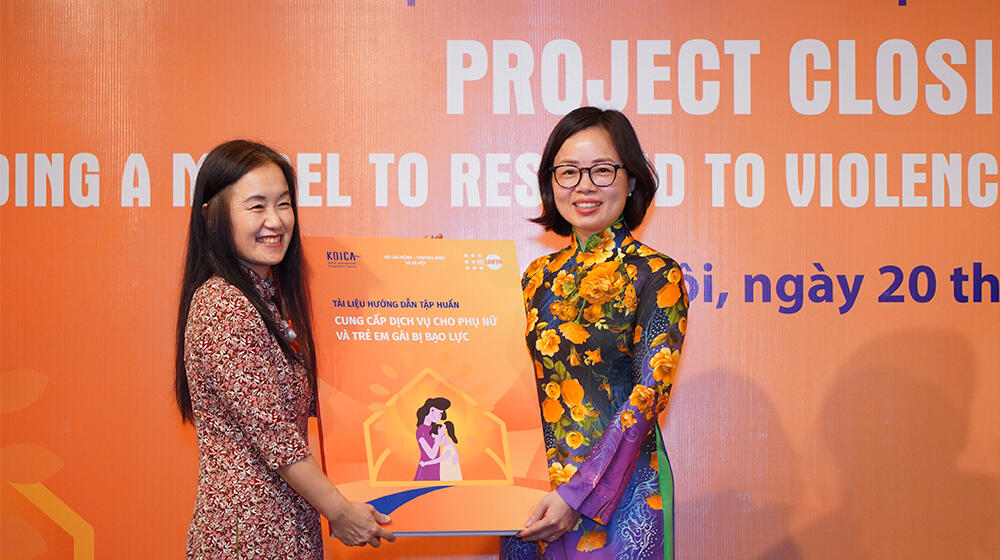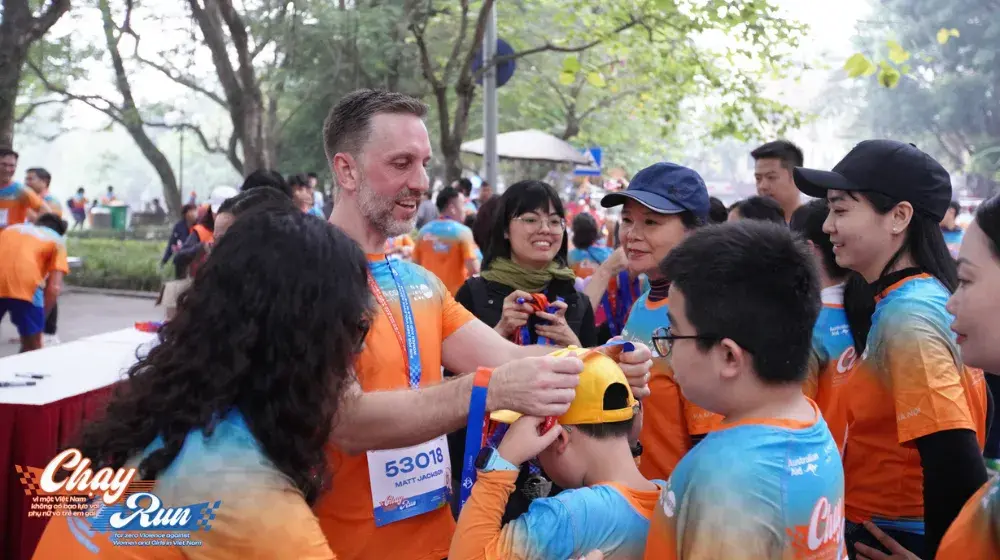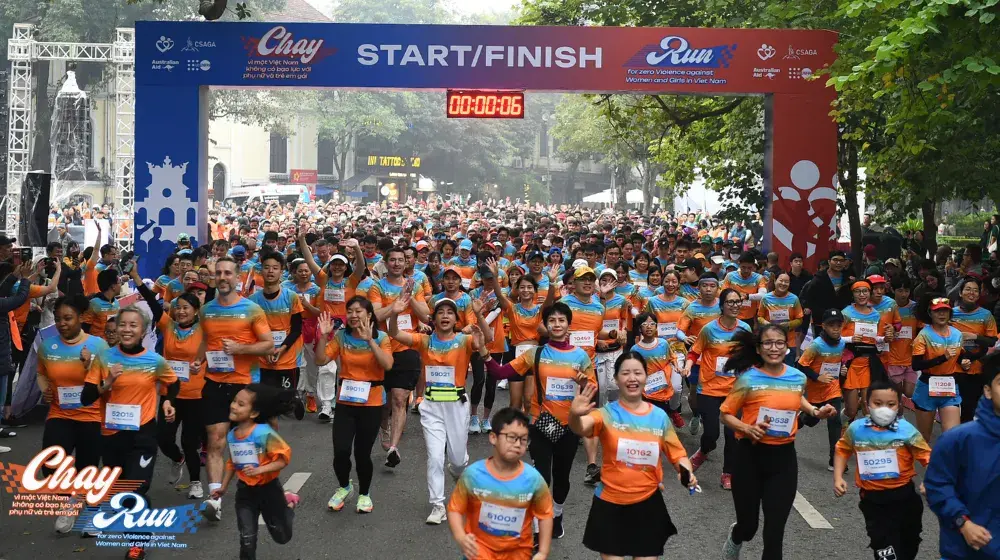Honourable Vice Minister of the Ministry of Labour, Invalids and Social Affairs Madame Nguyen Thi Ha;
Director of the KOICA Country Office in Viet Nam, Mr. Cho Han-Deog;
Representatives of the Government Ministries, officials from Quang Ninh Province, and the Anh Duong House;
Development Partners;
Media representatives;
Good morning;
Gender-based violence is a manifestation of gender inequality which is deep-rooted in Viet Nam. According to the 2019 national study on violence against women, nearly 2 in 3 women aged 15 – 64 have experienced at least one form of physical, sexual, psychological, and/or economic violence in their life time. And it is very much hidden in society, as more than 90% of women who experienced violence do not seek any help from public services, and half never told anyone about it. It is costing Viet Nam 1.81% of GDP, which is significant.
It was against this context that the Project “Building a Model to Respond to Violence against Women and Girls in Vietnam 2017 – 2021” has been implemented to join forces with the Government of Vietnam to stop violence against women and girls.
I would like to take this opportunity to thank the Korean Government, particularly Korea International Cooperation Agency - KOICA - for co-financing this Project with UNFPA, and also for always standing by us with patience and trusting our capabilities to address the issue of violence against women. I would also like to extend our appreciation to the Ministry of Labour, Invalids and Social Affairs and Quang Ninh local authorities for such exemplary and close collaboration with UNFPA to make this project a big success.
Jointly we have come a long way. 3 annual national campaigns have been conducted as part of the national action month on gender equality and prevention and response to GBV, and innovative communications have been organised not only to raise awareness, but to stimulate behavioural change, particularly targeting men and boys, as well as young people. Industrial zones in Quang Ninh have also been targeted to institute a culture of zero tolerance to sexual harassment. To date, more than 10 million people have been reached by this massive communication campaign.
In addition, Anh Duong House was launched in April 2020 in Quang Ninh as the first-ever one-stop service centre in Vietnam to provide comprehensive services under one roof, including health care, counselling, police protection, social welfare and justice services for gender-based violence survivors. The model was very much built on what the Republic of Korea has done, looking at its successes in providing such delicate, as yet required, services to the most vulnerable women in society. To date, Anh Duong House has accommodated nearly 300 cases, and its hotline, which is available 24/7 free of charge, is receiving more than 1,000 calls every month. The Anh Duong House is now being replicated in HCMC, Da Nang, and Thanh Hoa within the framework of the national Master Plan developed, and we should all be very proud of this. It means that the model is working, and appreciated by women on the ground.
Moreover, the Project has trained more than 500 service providers to provide care and support to survivors of violence. Case management has been strengthened with a well-coordinated local governance structure, and standards in care for each sector have been developed. This was not easy, and it was done for the first time in Viet Nam.
The project was also implemented with much flexibility, particularly when the COVID-19 pandemic hit the country in 2020. We were sensitive to early signs of increased domestic violence, particularly with confinement measures introduced then, and we all agreed to do something quickly and effectively. Nearly 4,000 Dignity Kits were distributed to women at risk of violence, for the first time in Viet Nam, in Bac Giang and HCM City. We have been receiving numerous appreciation notes from beneficiaries, which showed the hardships that people had to go through with the pandemic in the past year.
So, to conclude, I am happy. I am happy that the project achieved such tangible results, many of which were done for the first time in Viet Nam. I am happy that we all worked hard, and we all worked together. I am happy that today, we are celebrating the long walk that we have had. And I am happy that we are serving women, particularly women survivors of violence, so effectively, with respect and dignity, on this day, to celebrate the Women’s Day in Viet Nam.
Happy Vietnamese Women’s Day!
Thank you for your attention.




